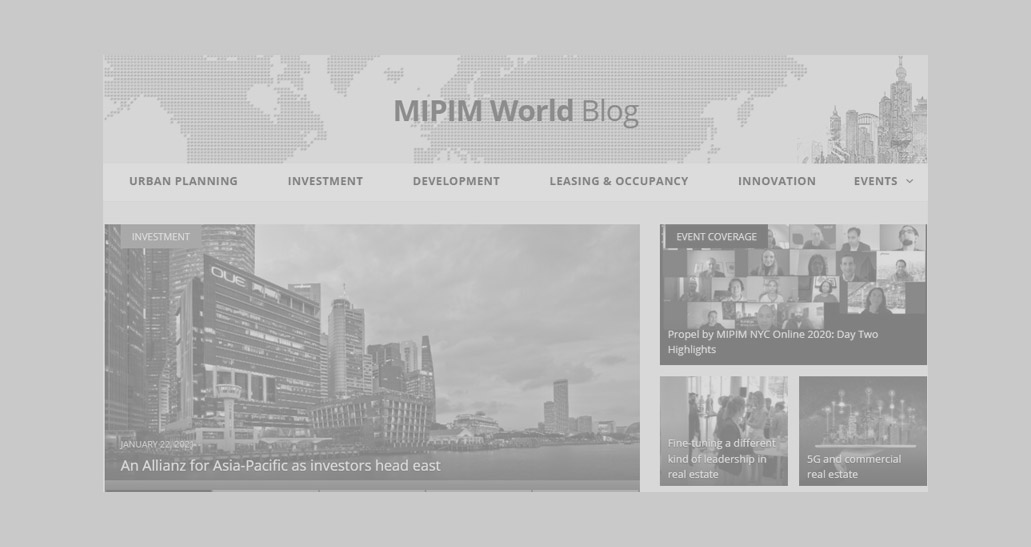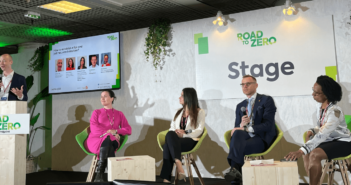It is a fact that, today, economic development can no longer be considered without taking into account the impact it has on the world around us. We must work to maximize all different facets of sustainability, and cannot afford to underestimate the social and environmental effects of the choices we make. Consumers and companies are ever more aware of this, and governments too have started to act on it, setting up specific ministries to handle the matter.
European countries are particularly keen on the uptake, given that the Recovery Fund monies which will become available later this year rest on the principles of the European Green New Deal which targets a 55% reduction in carbon emissions by 2030 and carbon neutrality by 2050. France has had its Ministère de la transition écologique, and Spain its Ministerio para la Transición Ecológica y el Reto Demográfico for some time now. Most recently, Italy has followed suit with its newly minted Ministero per la Transizione Ecologica.
There is a clear Europe-wide political vision for sustainability, cementing the trend towards a more circular economy. Public and private players must act accordingly, aligning themselves to the guidelines set out in the United Nations’ 2030 Agenda. The 2030 agenda has three main targets – economic growth, social inclusion and environmental protection – which are outlined in 17 Sustainable Development Goals (SDGs). Of these, four are particularly relevant for real estate and construction:
- Goal 7 – Ensure access to affordable, reliable, sustainable and modern energy for all. Specifically, within this goal, the sub-goal of doubling the energy efficiency improvement rate to reach the UN’s 3% target, and that of improving infrastructure and technology in order to provide modern and sustainable energy services are particularly relevant;
- Goal 9 – build resilient infrastructure, promote inclusive and sustainable industrialization, and foster innovation;
- Goal 11 – make cities and human settlements inclusive, safe, resilient and sustainable. This means reducing the negative per capita environmental impact of city dwellers, with particular care to air quality standards and the management of urban waste. The number of cities which enact policies to increase resource efficiency, adapt to climate change and build strong defenses to natural disasters must also grow;
- Goal 12 – ensure sustainable consumption and production patterns. The world continues to use natural resources unsustainably and our global material footprint continues to rise, but the pandemic offers an opportunity to develop recovery plans that build a more sustainable future.
With these goals in mind, players in real estate and construction who don’t yet have a sustainability agenda should work to develop one and turn it into a USP for their business, or risk being outpaced by those who do.
Why is this the case?
Buildings and construction are responsible for 40% of global CO2 emissions, as well as a third of all waste, placing them amongst the most polluting sectors in the world. In Europe, 30% of the 2.5 billion tons of waste produced each year come from these sectors. However, according to the European Environment Agency, if we were able to enact all the initiatives proposed in the European Union’s circular economy action plan, by 2050 buildings’ life cycle emissions would be reduced by 60% compared to 2015.
The pandemic has not dented the appeal of cities, but certain trends around urbanization have changed. Specifically, though cities have continued to grow, there is now more attention to their attractiveness in a post-COVID world. This attractiveness goes beyond the opportunities that people get by living in cities, and extends to quality of life, safety and sustainability considerations.
Simply put, COVID has shown us that tail risks are less remote that we would have thought, and that the world is a truly interconnected place. We cannot live in our own little bubble and think that our actions don’t affect others and vice versa. It is our responsibility to show global citizenship alongside our institutions and companies to ensure a better future.
Alongside being good global citizens, acting sustainably is good for business.Real estate and construction players must realize that having a sustainable corporate agenda is not a cost – it is an investment.
Sustainability is becoming a distinguishing factor for where people choose to live, where companies choose to house their headquarters, or which contractor a tender is awarded to. Not having a corporate sustainability agenda is simply bad for business.



